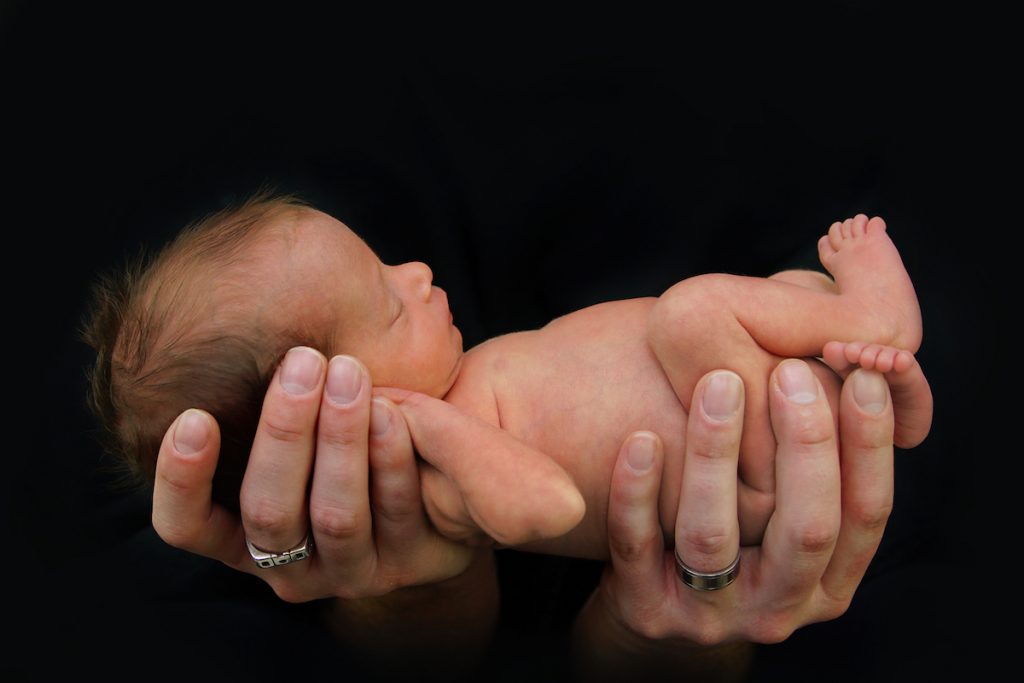BCH 3025 focuses on the biochemistry of whole organisms (microbes, plants, nonhuman animals, and humans) and how their biochemical processes are integrated during health and during disease. The goal of the course is that at its completion the student will be able to:
Identify Biochemical Structures
Connect Catalysis to Life
Deconstruct Bioenergetics
Integrate Metabolism
Decipher Information Pathways
Predict Phenotype Using Biochemistry
Relate Biochemistry to Their Future
The course consists of:
25 modules listed in the syllabus with 25 quizzes and 4 major exams
4 required Treasure Hunts each with an optional Flawless Diamond for extra points
A Journal Club with 6 required successive steps listed in the syllabus
An optional Extra Credit Paper
Treasure Hunts provide the student with four opportunities to find an example of something on the internet pertaining to biochemical topics in modules that have recently been completed and explain why a practicing biochemist would consider it a treasure.
Student can earn extra credit by posting their Treasure Hunt Treasure to a discussion board, voting for the best one (flawless diamond), and explaining why they chose it.
Each student chooses a recent biochemistry article from a list of peer-reviewed journals and creates a journal club presentation. The activity includes 6 steps as an author and then as an editor for another author. Each step must be completed before one can continue to the next step.
For extra credit, students choose from more than 100 potential topics or submit a proposal for a different topic. The topic is reviewed and discussed in a paper using peer-reviewed sources.
Subscribe to our blog to receive updates on all of our latest posts!
The Borum lab searches for answers when people have chronic symptoms with no adequate treatments. Understanding how components of dietary intake influence health and disease can often contribute to those answers. Altering dietary components or the ratio of them to each other is a current research effort to improve symptoms and promote health.
409A FSHN Bldg
Newell Drive
UF Campus
prb@ufl.edu
Phone: 352-562-2861
Fax: 352 392-8957
